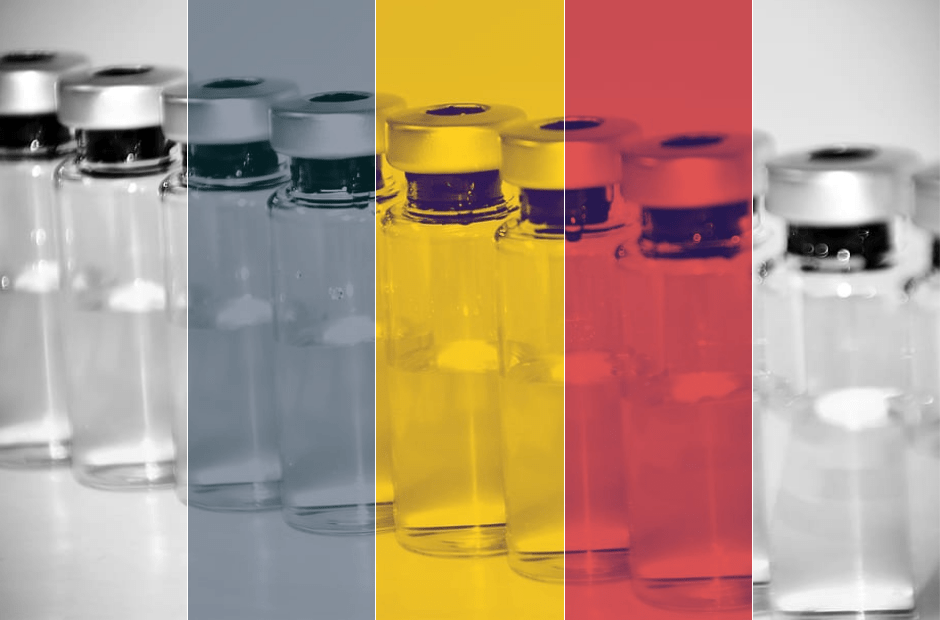With the spreading news of the progress of vaccines and a lack of news on the end of lockdowns, the topic on everyone's mind at the moment is how this vaccine will work.
Short answer, it's not clear yet.
Long answer, we're getting there. Belgium has started communicating in broad strokes about how things could look, but nothing too concrete until now. Following an inter-ministerial Conference on Public Health, we have some answers.
Speaking to VRT, Health Minister Frank Vandenbroucke shed some light on the issue, while virologist Marc Van Ranst has explained his take to HLN.
So, here's what we know about Belgium's vaccine plans
It will be free for everyone living and staying in Belgium: The basics are kind of self-explanatory, but no real details were given.
It will not be compulsory: "We are going to have to convince people that they are good, effective and safe vaccines," said Vandenbroucke
The aim is to vaccinate 70% of the population: That's at least 8 million Belgians. Approximately 1 in 6 Belgians said they do not want to be vaccinated against coronavirus, according to a survey carried out by Ipsos on behalf of Het Nieuwsblad.
That means, however, that 83.33% do, placing Belgium above the number required.
Those who want it, might want to wait: Throwing a spanner in the works, of the nearly 1700 people asked in the same survey, only 36% want to get the vaccine as soon as possible, 47% not immediately and 17% never.
Also, Belgium doesn't unanimously want the vaccine straight away: The survey also reveals striking differences between the desire for immediate vaccination across the regions:
- Flanders, 42% want to be vaccinated immediately,
- Brussels 36%,
- Wallonia 25%
Nobody wants to say too much about the order: "Older people also have priority - as with the flu vaccine. In any case, there is still a lot to clear up, because the first consignments of vaccines will probably be delivered in small quantities," said Vandenbroucke.
"I know how much fuss it can lead to if you communicate too early," said Van Ranst. "But I don't want to do it yet because the order may change depending on the characteristics of the vaccines. Something we don't know yet, for example, is how well they work in the different age groups. Without that information, you can't really say anything about it yet. But we are working on it.
People will be vaccinated in groups: As it will come in multidose vials which must be administered on the same day, citizens will be vaccinated in groups as much as possible.
There needs to be a vaccine: Candidates keep appearing, but "at the earliest at the beginning of next year, the first vaccines will be delivered in limited quantities". Belgium is part of the European purchase procedure for the COVID-19 vaccines, in which the European Commission is negotiating with the companies on behalf of the Member States.
There will be a taskforce: Scientists, representatives of federal and state administrations, crisis managers, and representatives of professional organisations and technical working groups will make up Belgium's taskforce
This task force will be tasked with identifying, allocating and supporting all necessary actions to implement the vaccination strategy.
And any strategy is impacted by the vaccine that we end up getting: According to Van Ranst, a distribution strategy for the vaccines is already in full swing. "But that too depends in part on what the final choice will be," he says. "For vaccines that you have to keep at -80 degrees, you will need a different strategy and logistics than for vaccines that you can just keep in the fridge."
Jules Johnston
The Brussels Times

